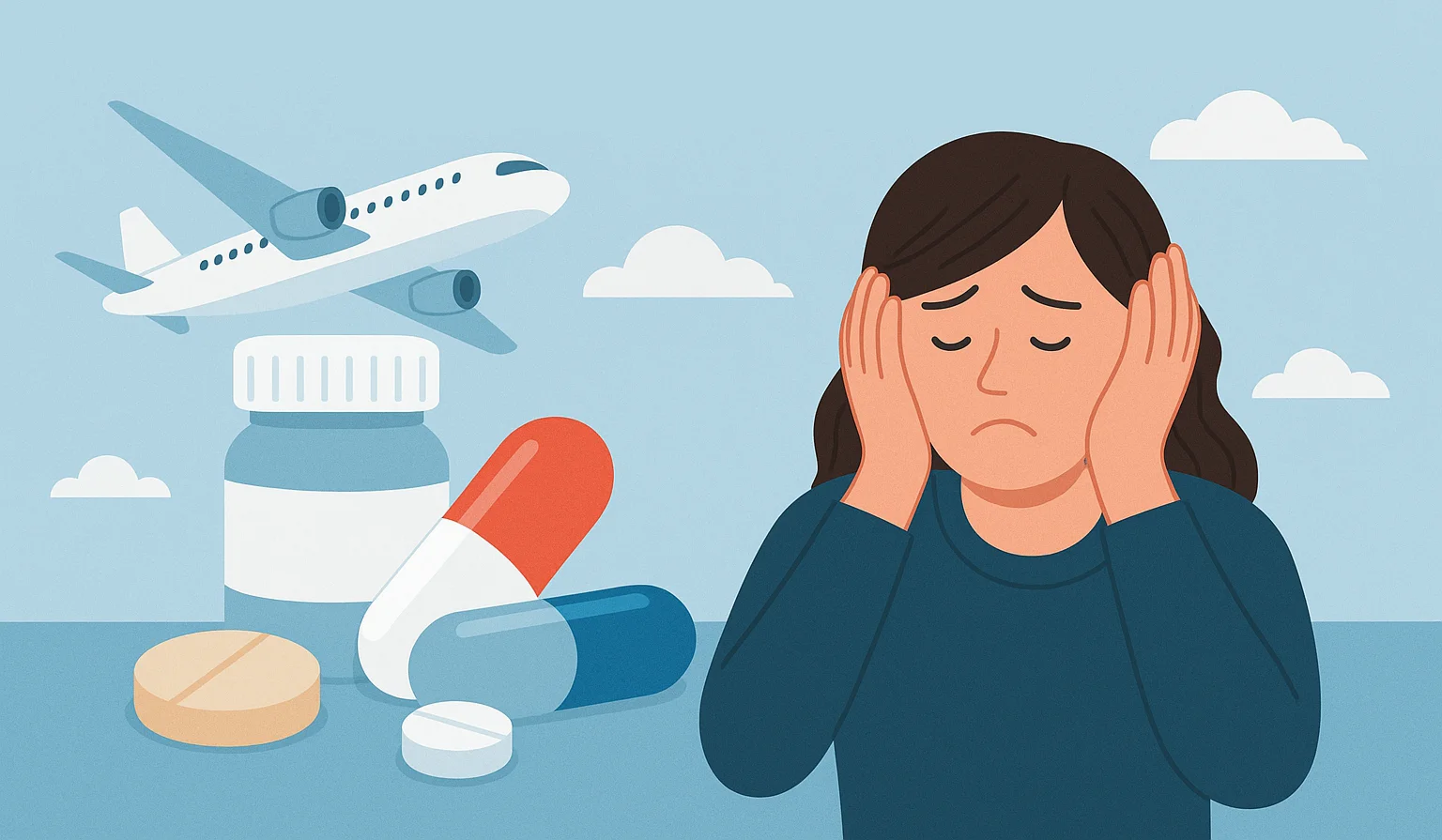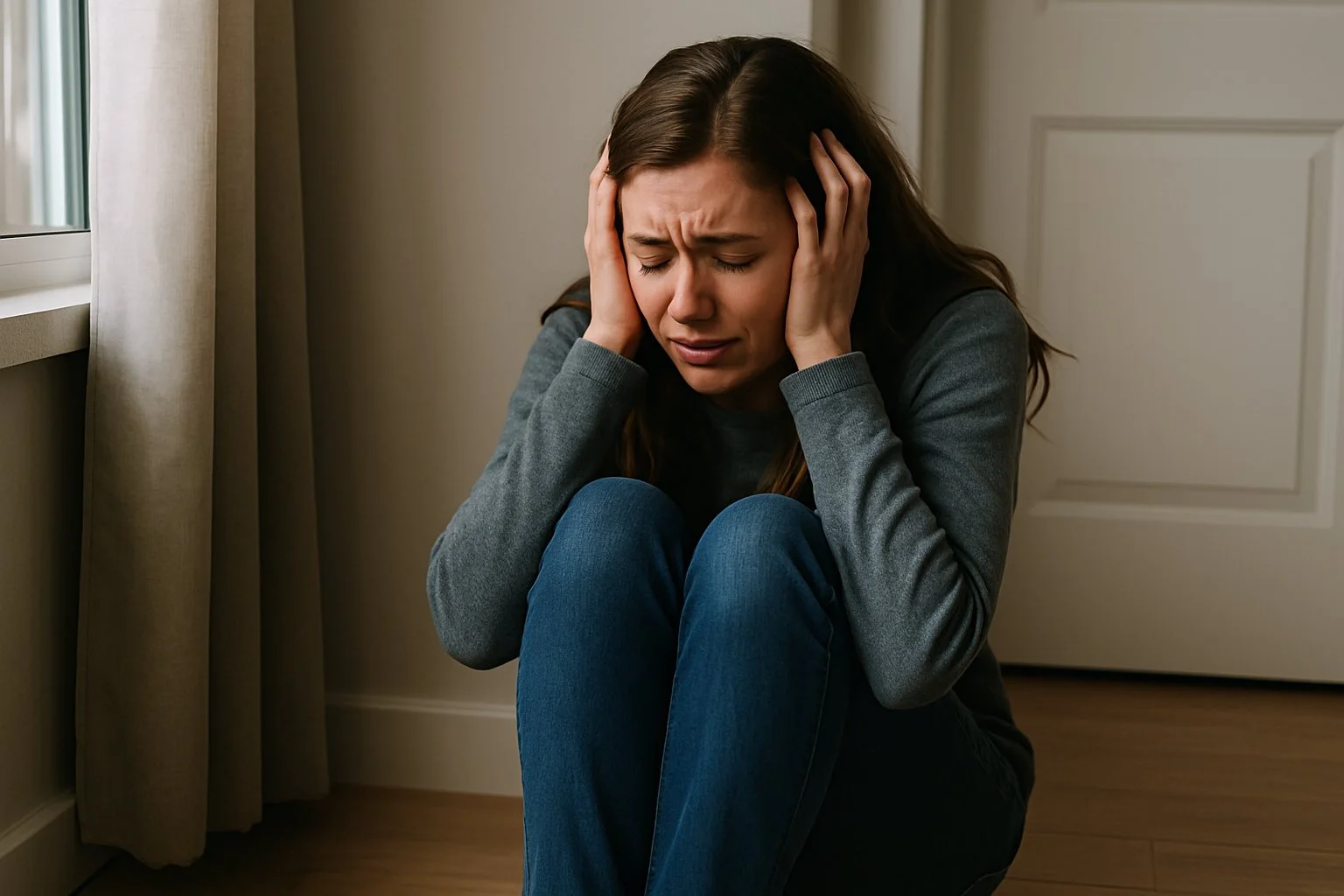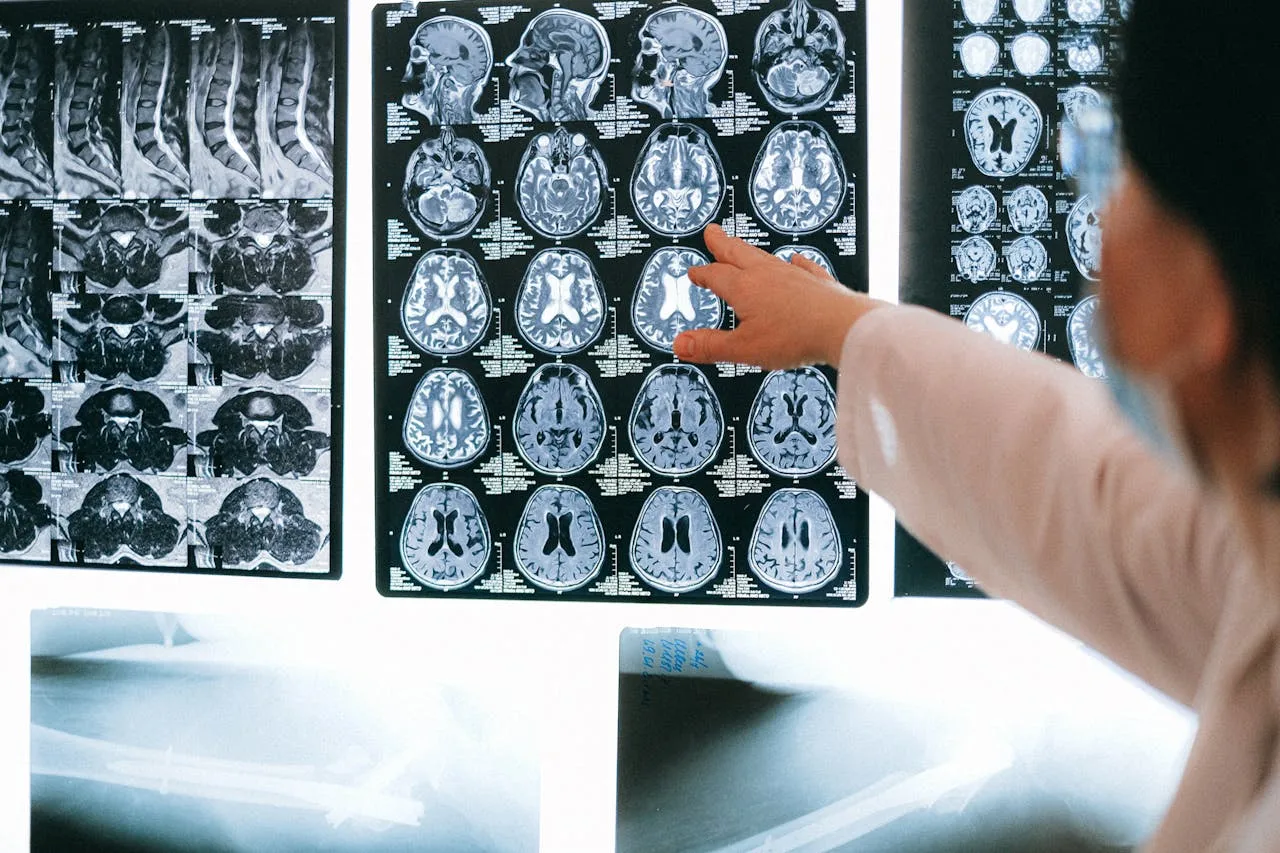Understanding Anxiety and How to Improve It
What we can help with?
Anxiety is a normal and essential human emotion that helps us navigate life’s challenges and dangers. It is a response to stress and can motivate us to take action, prepare for an important event, or stay alert in threatening situations. However, when anxiety becomes excessive, unmanageable, and interferes with daily life, it may be indicative of an anxiety disorder.
There are plenty of ways to help with anxiety and its related disorders, and the team at NOSA is always here to help you out, but you need a solid understanding of anxiety to get the best results. Let’s take a look at the different anxiety disorders found in the modern world, as well as symptoms, causes, and potential treatments to help you get back on your feet.
Understanding Anxiety Disorders
Anxiety disorders are a group of mental health conditions characterised by persistent, excessive worry, fear, or apprehension. These disorders go beyond the typical experiences of stress or anxiety and can significantly impact a person’s quality of life, relationships, and overall well-being.
Common Types of Anxiety Disorders
- Generalized Anxiety Disorder (GAD): People with GAD experience excessive worry and anxiety about various aspects of life, such as work, family, health, and daily responsibilities. ‘Chronic worrying’ is often irrational and difficult to control.
- Panic Disorder: Panic disorder involves recurrent and unexpected panic attacks, which are intense episodes of fear and physical symptoms such as rapid heartbeat, sweating, trembling, and a sense of impending doom. Individuals may develop a fear of having more panic attacks, leading to avoidance behaviors.
- Social Anxiety Disorder: Social anxiety disorder, also known as social phobia, involves an intense fear of social situations and a fear of being negatively evaluated by others. This can lead to avoidance of social interactions and significant distress.
- Specific Phobias: Specific phobias are intense and irrational fears of particular objects, situations, or activities. Common examples include fear of flying, heights, spiders, or needles.
- Obsessive-Compulsive Disorder (OCD): OCD is characterized by recurring, distressing dreams, and intrusive thoughts (obsessions) and repetitive behaviors or mental acts (compulsions) performed to reduce anxiety. These rituals can become time-consuming and interfere with daily life.
Common Symptoms of Anxiety Disorders
The symptoms of anxiety disorders can vary depending on the specific type, but common symptoms include:
- Excessive worry or fear
- Restlessness or feeling on edge
- Irritability
- Muscle tension
- Fatigue
- Difficulty concentrating
- Sleep disturbances
- Rapid heartbeat
- Shortness of breath
- Trembling or shaking
- Avoidance of anxiety-inducing situations
- Causes of Anxiety Disorders
Everyone has a unique experience with anxiety, and this means that you may not recognise any of these symptoms in yourself even if you are living with anxiety. Talking to the anxiety experts at NOSA is a great way to get the correct diagnosis.
The exact causes of anxiety disorders are not fully understood and likely involve a combination of genetic, environmental, and psychological factors. Potential contributing factors include:
- Genetics: A family history of anxiety disorders may increase an individual’s risk of developing one.
- Brain Chemistry: Imbalances in brain chemicals such as serotonin and dopamine may play a role in anxiety disorders.
- Trauma or Stress: Experiencing traumatic events or chronic stress can trigger or exacerbate anxiety disorders.
- Personality Factors: Certain personality traits, such as perfectionism or a tendency to be shy, may contribute to the development of anxiety disorders.
- Medical Conditions: Some medical conditions or medications can cause or exacerbate symptoms of anxiety.
How to Get Help for Anxiety
No matter the symptoms you experience or the cause of your anxiety, getting professional help is a great way to solve this sort of issue. Anxiety disorders are common mental health conditions that affect millions of people worldwide. They can have a profound impact on one’s daily life and well-being. However, with early recognition, appropriate treatment, and support, individuals with anxiety disorders can learn to manage their symptoms and lead fulfilling lives.
Here at NOSA, we encourage anyone who is living with anxiety to give us a call or an email. We can help you determine the best treatment path for you, while also providing time-tested techniques and methods that will help you to take control of your life once again.
Looking for more insights into CBT and how it can help? Explore our client journeys to see real experiences of those who have benefitted from therapy. For further reading, visit our blogs, where we cover a range of mental health topics. If you have any questions, our FAQ page provides helpful answers about therapy, treatment options, and more.



